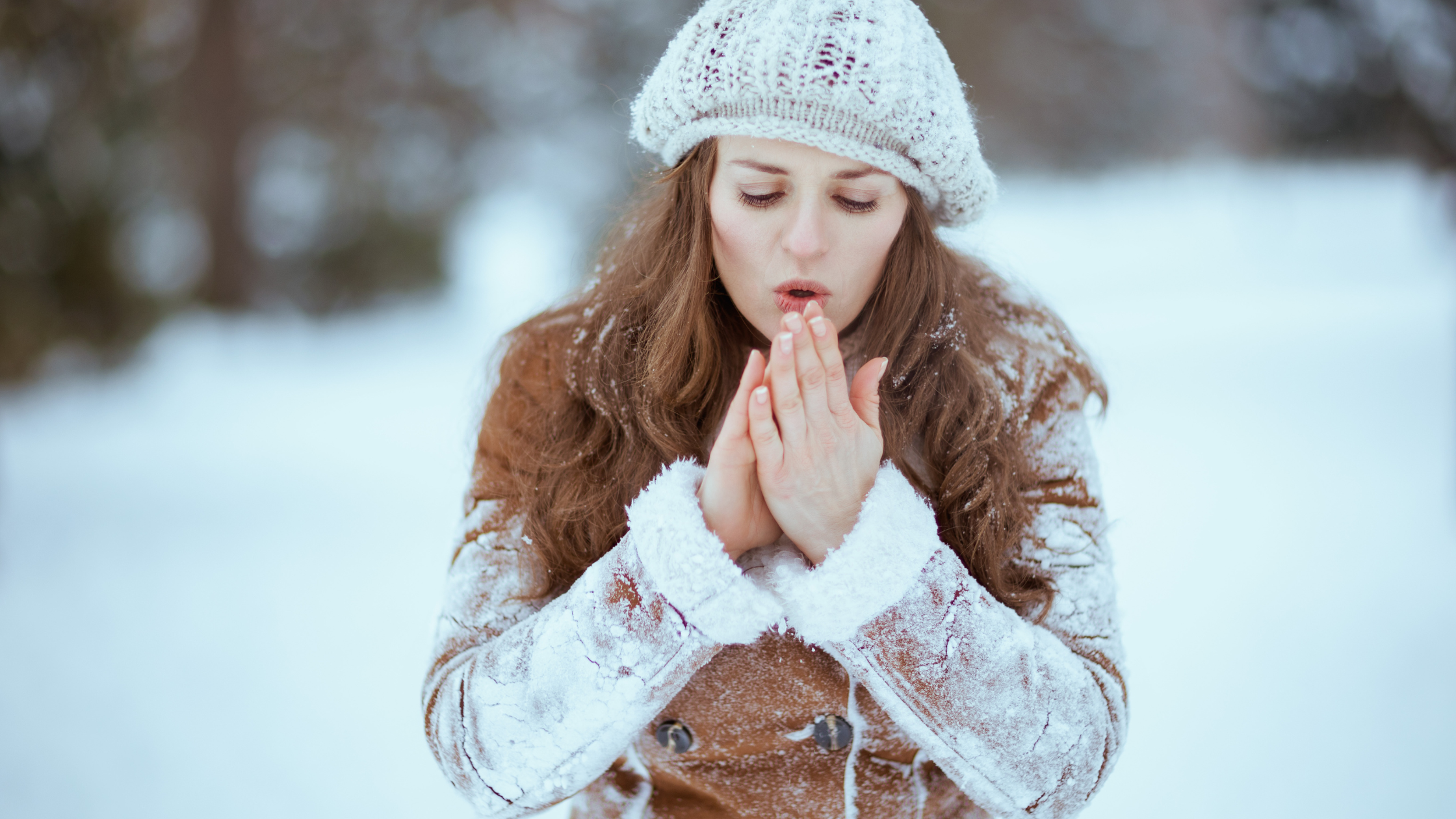Alaska’s frigid temperatures present unique challenges, especially when it comes to breathing comfortably. As we navigate through the icy months, understanding how the cold impacts our lungs is more than just practical—it’s essential for our health and well-being. Join us as we explore effective ways to safeguard your respiratory health in the Alaskan cold.
How Cold Weather Affects Your Lungs
In Alaska’s cold climate, the frigid air can significantly impact our respiratory system. Breathing in cold air can cause the airways to narrow, leading to increased resistance in the respiratory tract. This can exacerbate conditions like asthma and bronchitis, making symptoms more severe. The dryness of the cold air also plays a role, potentially irritating the lungs and leading to discomfort and coughing. Alaskans, therefore, face a distinct challenge due to the intensity and duration of our winter months. Understanding these effects is crucial for anyone living in or visiting Alaska, especially those with pre-existing respiratory issues.
Recognizing Breathing Difficulty Symptoms
Recognizing the symptoms of breathing difficulties in Alaska’s cold weather is critical. Common signs include shortness of breath, wheezing, tightness in the chest, and excessive coughing. These symptoms can be more pronounced in high-risk groups such as the elderly, children, and individuals with chronic respiratory conditions like asthma or COPD. Paying attention to these signs and understanding when they may indicate a serious problem is vital. Early detection and treatment can prevent complications and ensure everyone a safe, healthy winter season.
Emergency Response:
If symptoms persist or worsen, especially after returning indoors, it’s essential to seek medical attention promptly. In case of severe breathing difficulties, quick action is vital. Recognize an emergency by symptoms like extreme shortness of breath, inability to speak, or bluish lips. First aid includes ensuring a calm environment and helping the person sit upright. Always call for medical assistance immediately in such scenarios.
Preventative Measures and Management Strategies:
Preventing and managing breathing difficulties in Alaska’s cold weather involves a combination of proactive measures and effective strategies. Dressing appropriately is crucial – layering clothes and covering the nose and mouth can significantly reduce the impact of cold air on the lungs. Keeping the indoor air humidified and clean while staying hydrated with a nutritious diet is essential to maintain respiratory health.
For those with pre-existing conditions like asthma, proper medication management is key. This includes having inhalers or other necessary medications on hand and understanding how to use them correctly. It’s also vital to incorporate breathing techniques and pace oneself during outdoor activities to avoid overexertion.
Regular medical check-ups and flu vaccinations play a vital role in staying ahead of potential respiratory issues. These combined efforts can significantly minimize the risk of breathing difficulties and ensure a healthier experience during Alaska’s challenging winter months.
Be Proactive with Your Health – Visit First Care Today
Alaska’s cold weather poses significant challenges for respiratory health. Therefore, it’s crucial to understand how cold air affects the lungs, recognize symptoms of breathing difficulties, and respond promptly in emergencies. Adopting preventative measures like dressing warmly, maintaining indoor air quality, and managing medications for existing conditions are key to staying healthy.
Remember, if you experience mild breathing troubles, don’t hesitate to visit us at First Care for guidance and support. However, for severe symptoms, such as extreme shortness of breath or inability to speak, head straight to the Emergency Room or call 911 immediately.
Stay proactive with your health by visiting First Care for regular wellness checks and tailored advice on handling the Alaskan cold. Your safety and well-being are our top priority. Stay warm and breathe easy this winter!





